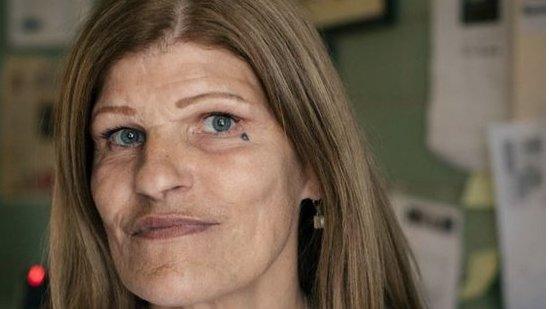London violence: Third of 2022 capital's homicide victims are women
- Published
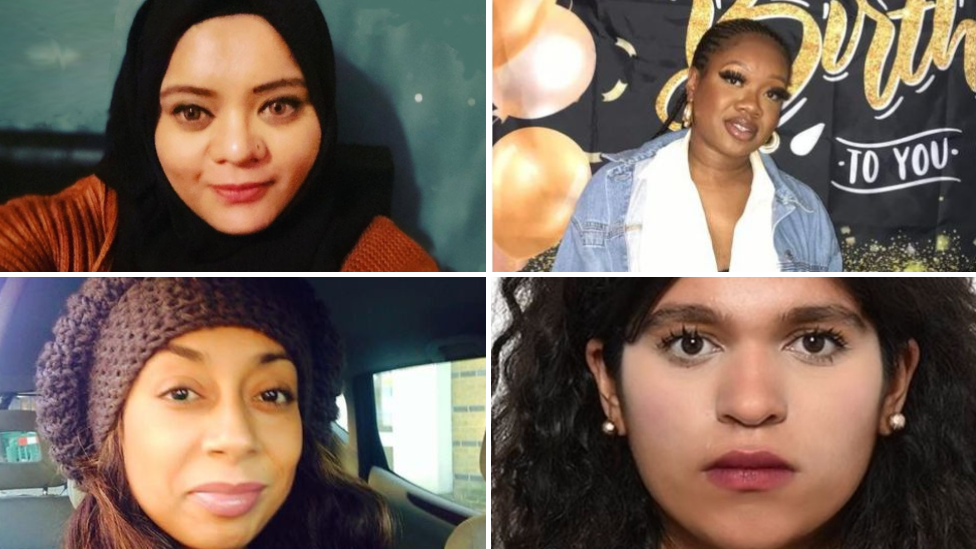
(Clockwise from top left) Yasmin Begum, Samantha Drummonds, Sabita Thanwani and Yasmin Chkaifi all died this year
Just under a third of London's homicide victims this year are women, a BBC analysis of police data has shown.
Thirteen women, out of 39 homicide victims, have been killed in London so far in 2022, according to Met Police statistics, and all suspects are men.
It is a slightly higher ratio compared to the same time last year, when 12 out of 54 homicide victims were females.
The analysis comes as London mayor Sadiq Khan has pledged £17.7m as part of a strategy to keep women safe.
His fresh plan uses a public health approach to tackling violence pioneered in Chicago.
In 2018, to combat a rise in violent crime in the capital, Mr Khan declared the issue would be treated as a public health issue.
The scheme, which echoes an approach successfully adapted by officials in Glasgow from the Chicago model, sees police work with teachers, social workers and health professionals.
Mr Khan said a more "innovative approach" was needed in order to understand the underlying drivers of harassment, abuse and violence against women and girls.
In his last two manifestos for election as London mayor, in 2016 and 2021, Mr Khan has pledged to tackle the violence.
According to Met Police data, between 2016 and the end of 2021, 141 women and girls were killed either as victims of murder or manslaughter.
Ahead of the 2016 vote, he said he would "prioritise a greater police presence on public transport", external and have a "zero tolerance of domestic and sexual violence".
He also said he wanted voluntary organisations and the public sector to "work closely" to develop better support for victims of sexual and domestic violence.
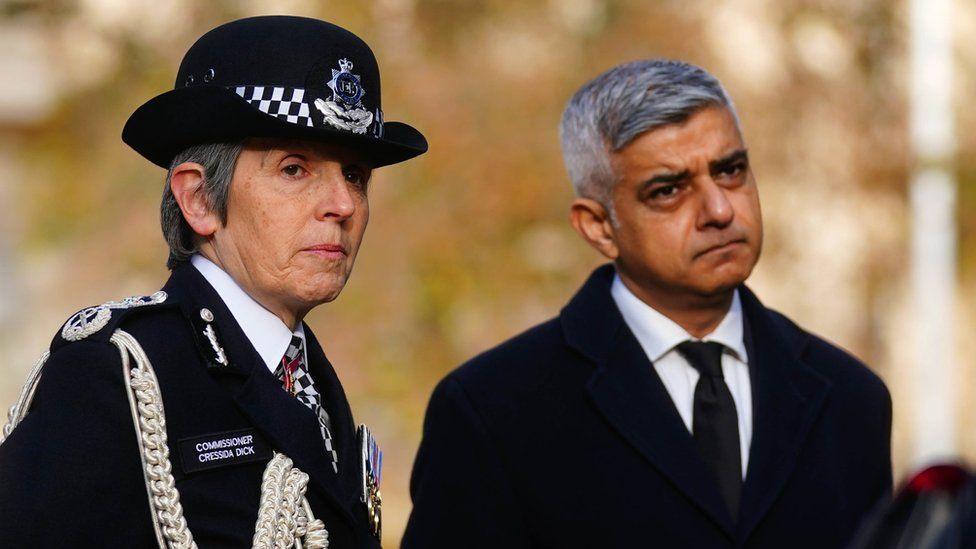
Met Police chief Dame Cressida Dick resigned over her handling of racist, misogynist and homophobic messages shared by some officers
Following the kidnap, rape and murder of Sarah Everard by a serving Met Police officer in March 2021, Mr Khan again pledged to keep women and girls safe in the capital ahead of his re-election two months later.
Since that victory on 9 May, 2021 a total of 24 women have been fatally stabbed, strangled or assaulted.
In order to stop the rise in violence against women, Mr Khan said he would use the £17.7m investment to support services to ensure all domestic and non-domestic violence victims had "equal access to justice and services".
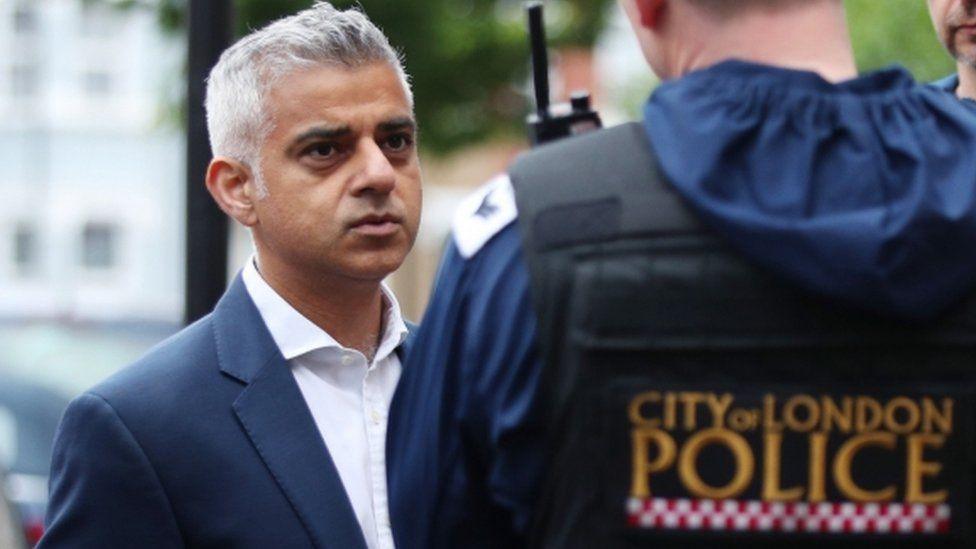
The mayor wants local authorities, the NHS, night-time venues, TfL, universities, the police and the criminal justice system to work together
Jamie Klingler, a co-organiser of Reclaim These Streets, a group formed to remember Ms Everard and all women victim's of violence, told BBC London she welcomed Mr Khan's initiatives, adding it tackled the root causes of male violence against women.
"What he is talking about is about prevention and the perpetrators, not us having a curfew.
"He is not putting it on us, he really is talking about male-committed violence.
"It is an important indication he is working in football and rugby clubs - places men will be."
'Misogynistic attitudes'
Mr Khan hopes the action will also rebuild trust and confidence in the police and criminal justice system.
Local authorities, the NHS, night-time venues, Transport for London (TfL), universities, the police and the criminal justice system will work more closely under the new plan, Mr Khan said.
"The epidemic of violence is a crisis which should shame us all," he continued.
"Which is why I'm uniting with partners across London to not only provide support to women and girls but to help educate and inform all Londoners, especially men, about the danger posed by misogynistic attitudes and behaviours.
"Change will not happen overnight but I believe that together we can help to stop the men who wish to do women harm and drive forward a lasting change in our society's culture so that women and girls can finally live their lives free from fear, harassment or abuse."

Follow BBC London on Facebook, external, Twitter , externaland Instagram, external. Send your story ideas to hellobbclondon@bbc.co.uk, external
- Published21 January 2022
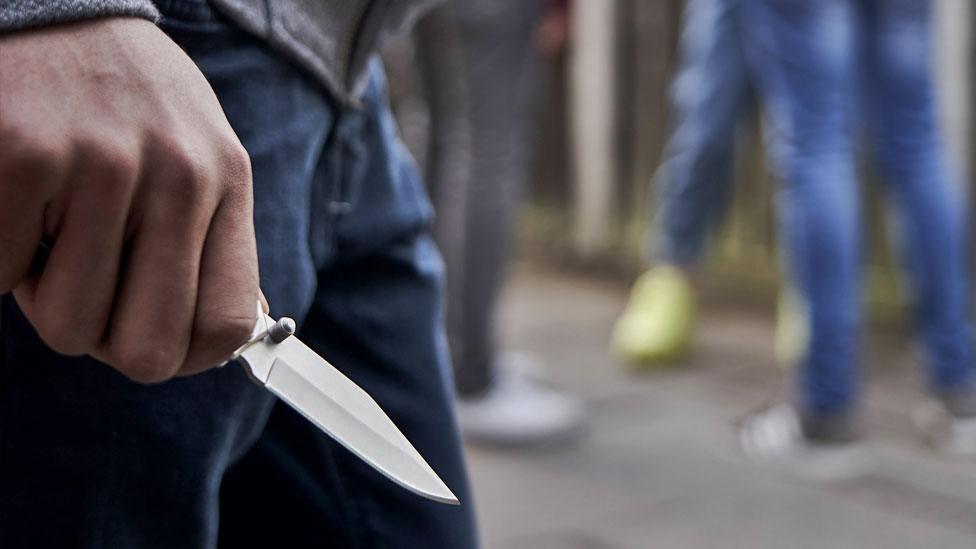
- Published21 September 2018
